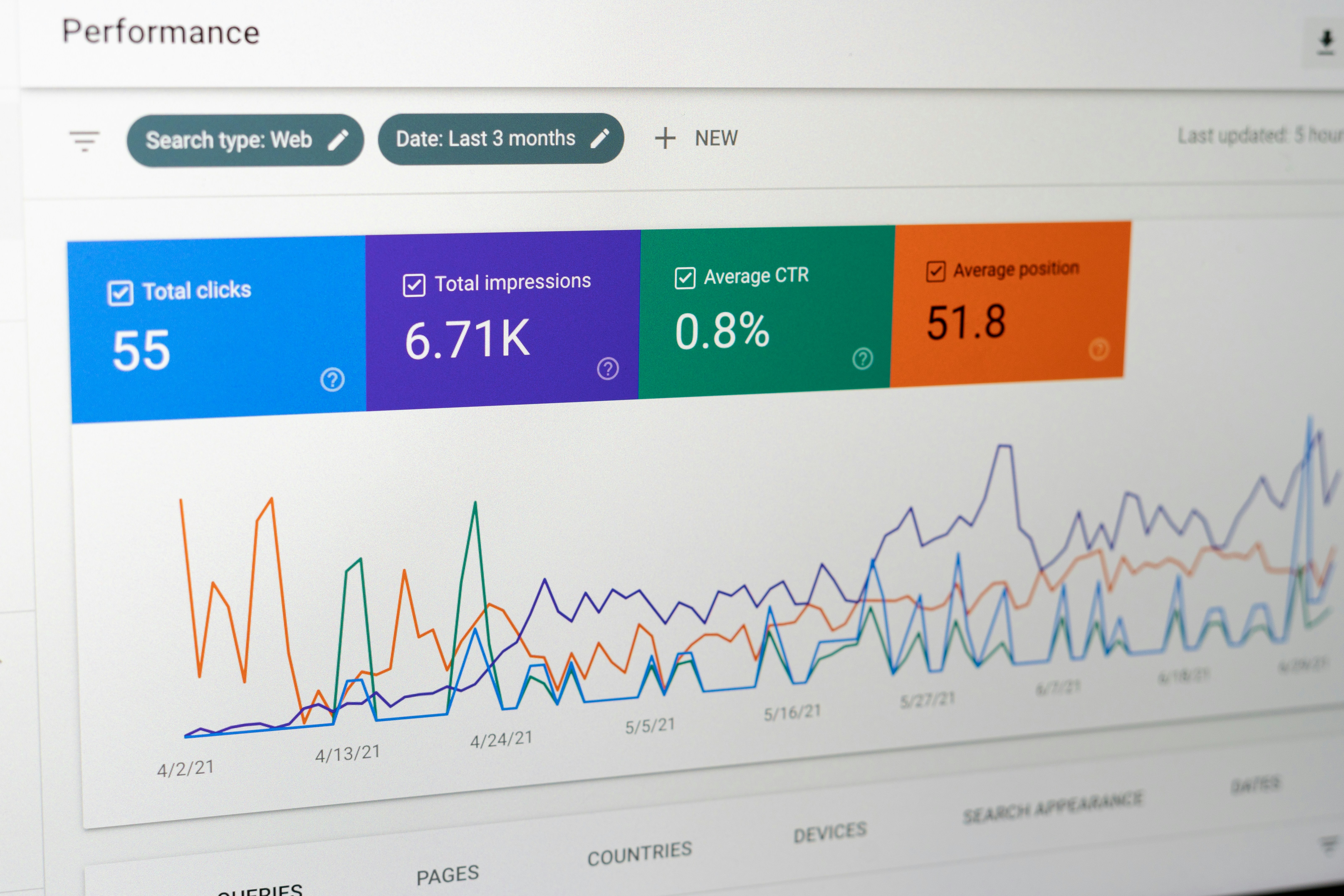What are KPIs?
Key Performance Indicators (KPIs) are essential quantifiable measures that organizations employ to evaluate their performance over specific periods. By providing a structured method of assessment, KPIs allow businesses to determine their success in achieving predefined objectives. These indicators serve as a critical gauge for performance, which is why understanding them is vital for any organization that aims to thrive. KPIs can vary notably across different sectors, reflecting the unique metrics that each industry deems significant.
Effective KPIs share certain characteristics, including being specific, measurable, achievable, relevant, and time-bound (SMART). This framework ensures that the indicators can accurately reflect the performance outcomes and facilitate informed decision-making. In practice, KPIs can take on various forms, such as financial metrics, customer satisfaction scores, efficiency ratios, and operational statistics. Each type serves its purpose, whether it’s enhancing service quality or increasing revenue.
For instance, in the context of call centers, metrics such as Average Handling Time (AHT), First Call Resolution (FCR), and Customer Satisfaction (CSAT) scores are critical KPIs. These metrics not only help monitor performance but also enable managers to benchmark against leading organizations, including the top call center in Ortigas. By comparing themselves to industry standards, businesses can identify areas needing improvement, thus aligning their KPIs with overarching business goals.
Additionally, it is crucial for KPIs to be aligned with organizational objectives to maximize their relevance and importance. This alignment ensures that all stakeholders understand what success looks like and fosters a congruent approach to achieving common goals. Ultimately, KPIs, when effectively applied, reveal insights that can enhance operational efficiency and drive strategic initiatives within any organization.
What is Benchmarking?
Benchmarking is a systematic process used by organizations to measure their performance against industry bests or established best practices from leading companies. This analytical approach serves as a vital tool in understanding where an organization stands in terms of key performance indicators (KPIs) and helps identify areas for improvement. By comparing specific performance metrics, businesses can uncover gaps in their operations and develop targeted strategies for enhancement.
There are several types of benchmarking that organizations can utilize. Internal benchmarking involves comparing metrics against different departments or units within the same organization. This form of benchmarking allows companies to identify strengths and weaknesses within their own practices and promote best practices shared across teams. Competitive benchmarking, on the other hand, entails measuring performance against direct competitors. This is particularly relevant for organizations striving to maintain a competitive edge, as it enables them to understand their position relative to others in their industry.
Another vital type is functional benchmarking, where organizations compare their processes and performance metrics against similar functions in different organizations, regardless of the industry. This broader perspective can yield innovative approaches and ideas for improving operational efficiency. For instance, a call center in Ortigas may analyze performance metrics of top-tier competitors to enhance its own customer service strategies.
The role of benchmarking extends beyond mere comparison; it serves as a catalyst for continuous improvement. Organizations that engage in effective benchmarking processes are better equipped to close performance gaps, adapt to market changes, and refine their operational strategies. By embracing benchmarking as a fundamental component of their performance management, companies like Tru29 can ensure they remain at the forefront of their industry while achieving optimal results through data-driven insights.
The Relevance of KPIs and Benchmarking
Key Performance Indicators (KPIs) and benchmarking are integral tools that organizations leverage to assess their performance effectively. The connection between these two concepts is vital for any organization seeking to drive strategic decisions and enhance overall effectiveness. KPIs serve as measurable values that demonstrate how well an organization is achieving its key business objectives. In the context of the top call center in Ortigas, for instance, KPIs might include metrics such as average call response time, customer satisfaction scores, and call resolution rates. These indicators provide a clear understanding of performance levels, leading to informed decision-making.
Benchmarking, on the other hand, provides the context for these KPIs. It involves comparing the organization’s performance metrics against those of industry standards or key competitors. This comparative analysis allows businesses to identify areas where they excel and opportunities for improvement. For example, Tru29, a prominent player in the industry, might be used as a benchmark to understand where one’s own call center stands in terms of service quality and operational efficiency. By evaluating KPIs against established benchmarks, organizations can not only gauge their performance but also drive strategic decisions aimed at enhancing their competitive edge.
Both KPIs and benchmarking foster a culture of continuous improvement and innovation. By consistently measuring performance against industry standards, organizations can set realistic yet challenging goals, ensuring sustained evolution. Furthermore, the insights gathered from this ongoing evaluation can lead to process optimizations, resource reallocation, and ultimately, enhanced service delivery in a competitive landscape. Therefore, integrating KPIs and benchmarking within strategic frameworks is critical for organizations seeking to achieve significant advancements and sustain growth in their respective sectors.
The Importance of KPIs and Benchmarking in Organizations
Key Performance Indicators (KPIs) and benchmarking are vital tools that organizations leverage to ensure they are steering towards their strategic goals. By establishing clear KPIs, organizations can measure their performance against defined targets, thereby facilitating enhanced decision-making. This approach enables leaders to identify areas of success and opportunities for improvement, allowing for timely and informed strategic adjustments.
Benchmarking, on the other hand, involves comparing an organization’s performance metrics to industry standards or competitors. This process not only highlights the organization’s strengths and weaknesses but also provides insights into best practices that can propel an organization to higher levels of performance. When used effectively, KPIs and benchmarking contribute significantly to improved accountability among team members. When every employee is aware of the targets set, they tend to align their efforts toward achieving those goals, resulting in a more focused workforce.
The importance of these tools extends to resource allocation as well. By analyzing performance data derived from KPIs, organizations can optimize their resource distribution, ensuring that investments are directed toward initiatives that yield the highest returns. This judicious allocation can be critical, especially for organizations operating in competitive environments, such as the top call center in Ortigas or Tru29, where efficiency directly correlates with profitability.
However, neglecting the implementation of KPIs and benchmarking can lead to significant pitfalls. Organizations that fail to monitor their performance risk stagnation, as they may miss out on emerging trends and shifts within their markets. Consequently, they could lose their competitive edge to peers who actively leverage these tools to adapt and innovate. In conclusion, the relevance and importance of KPIs and benchmarking in driving organizational success cannot be overstated, as they serve as the foundation for informed decision-making, accountability, and effective resource management.




